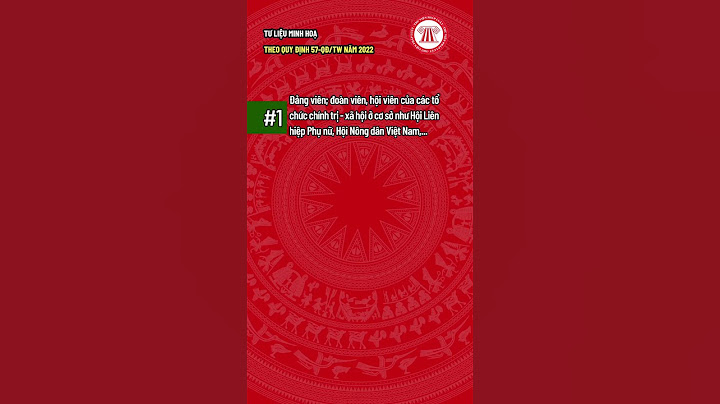It is necessary to note, from the start, that War for the Planet of the Apes is perhaps misleadingly titled. The third film in this retelling of one of Hollywood’s strangest franchises is not about a grand battle between man and super-ape, a showdown that began brewing in 2011’s Rise of the Planet of the Apes and exploded into all-out conflict in 2014’s Dawn of the Planet of the Apes. Instead, the writer and director Matt Reeves (returning after his sterling work with Dawn) has created a pseudo-Biblical epic shot through with apocalyptic fervor, a tale of the old world order dying out and being replaced with something different. Perhaps Exodus of the Apes would have suited better. The “war,” after all, was lost by humans long ago, when the “simian flu” (the same super-virus that enhanced the apes’ intelligence) wiped out most of the planet’s population at the end of Rise. Reeves’s vision of the aftermath, in Dawn, was so surprising and effective because of how verdant the world looked—with human influence receding, nature became overgrown and lush, and forests reclaimed all of the pitiful manmade infrastructure. But War, set two years after Dawn, has a disheartening sameness to it and none of the visual jolt of Reeves’s last film. Recommended ReadingWar for the Planet of the Apes is long—at 140 minutes, easily the longest Apes film ever—and meditative, stripping away relatable human characters to focus entirely on the hero Caesar (Andy Serkis, the king of motion-capture performance), the chimpanzee who leads a colony of apes in California’s redwood forests. That Reeves is presenting a big-budget summer blockbuster centered on CGI simians who largely communicate in sign language is still one of the most flabbergasting triumphs of the current blockbuster age; even more impressive is how naturally Caesar and his compatriots come across. As with Dawn, I never found myself yearning for the story to cut to flesh-and-blood actors. In fact, anytime it did, I found my mind wandering. In War, though, Reeves doesn’t do enough to build on the major achievements of Dawn. That film was a parable of the toxicity of humanity and the corrupting power of guns—its main conflict broke out when the villainous, vengeful ape Koba (Toby Kebbell) found a cache of weapons. In War, the carnage is taken for granted and Caesar’s conflict is internal, as he wrestles with his own desire for payback (represented by taunting nightmares he has of Koba) versus the necessity of leading his colony to a newer, safer place far away from human threats. Much of the action in War is framed around that personal struggle, charting Caesar’s mission to attack a particular colony of militant humans led by the unnamed Colonel (Woody Harrelson). It’s here that I began to lose the thread of whatever allegory Reeves is working with. The Colonel, surely named for Kurtz of Apocalypse Now (Harrelson is similarly bald and insane), is an uninteresting tyrant who has enslaved groups of apes to fortify his base in preparation for some final, mysterious conflict. Caesar’s need to destroy the Colonel feels reasonable, rather than like a reflection of his darkest demons. Dawn gave more of an emotional grounding to the rift between Caesar (who had largely been treated kindly by human scientists in Rise) and Koba (who was essentially tortured into existence). In War, what remains of humanity is basically a plague waiting to be finally scrubbed away—a notion that doesn’t really make for good drama. The most compelling dynamic comes with the evolved apes who work for the Colonel, who are referred to as “donkeys” and exist as second-class citizens within his miserable militia. Though the sight of these simian sonderkommandos is initially horrifying, Reeves doesn’t do much with them, and that whole sub-plot gets a pat resolution as the Colonel’s last stand draws to a bloody close. The film’s imagery is impressively bleak, but it’s in service of a disappointing retread of Dawn’s story. Caesar’s instincts as a leader remain more moral and humane than the species that created him, and the earth continues to thrive largely without the people who were previously helping to destroy it. The strangest thing about Caesar’s heroism is that War continues to pay lip service to the Apes films of the ’60s and ’70s, placing itself in a kind of continuity with them. War introduces the idea that some humans, perhaps as a result of the simian flu, have lost the ability to speak, presaging the “primitive” humans present in Franklin J. Schaffner’s 1968 Planet of the Apes. One could still feasibly imagine a fourth film in this series where a human astronaut crash-lands on the planet and is horrified by what he finds—and yet the apes of Reeves’s film are far less tyrannical than the ones Charlton Heston met so long ago. Is Reeves looking to rewrite the history of the series he’s rebooted? Or is he tossing in these references to films past to suggest that harder times could lie ahead for Caesar’s society? A little more ambiguity around those questions would go a long way, and would help justify what a miserable schlep War for the Planet of the Apes becomes: In Dawn, the story’s darkness made more sense because there were heroes and villains on both sides of the human-ape divide; in War, we’re just watching the final death throes of our own species. The technical craft of the film is as remarkable as its predecessor, down to the motion-capture effects that register every one of Serkis’s facial tics. But Reeves’s story ends up echoing a very old one—essentially, Moses leading his people out of bondage and into freedom—without weaving in any nuance. War for the Planet of the Apes is an epic, to be sure—but an epic slog. |




















